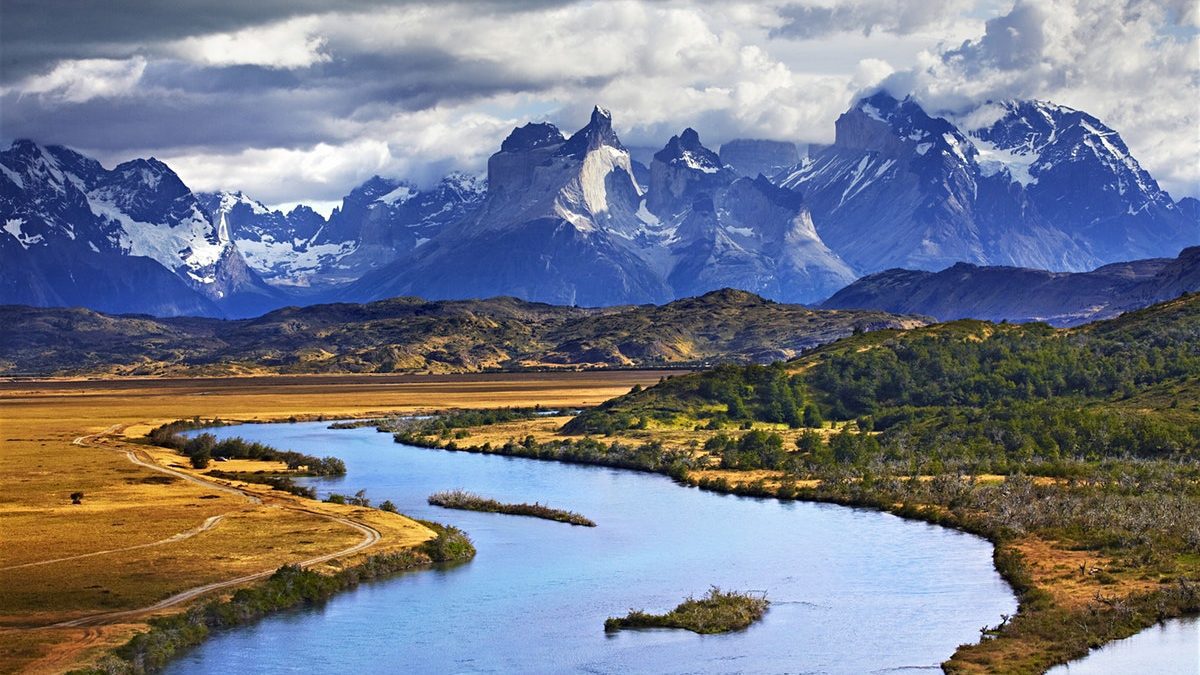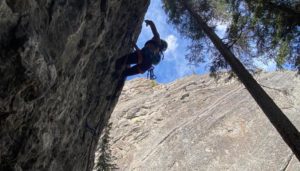Article on Alpine Masculinity in Mountain Culture

Marcos Mendoza is a sociocultural anthropologist who focuses his research on Patagonia and Mexico. He recently wrote an article titled Alpine Masculinity: A Gendered Figuration of Capital in the Patagonian Andes.
The article discusses the gender inequalities that can be found in the ecotourism industry and in the mountaineering/alpine climbing scene.
At Patagonia Vertical reports, “The alpine wilderness is figured as a space for certain types of subjects, males with robust physicality, while women and non-alpine men get marginalized and devalued. The narrative of heroism and sacrifice associated with alpine climbing, wherein one engages with the difficulties and dangers of nature, is at the root of this built in gender bias. If we are to aspire to a more gender neutral space in the alpine environment we need to start by revising these cultural constructs. Sexism is so omnipresent that it even appears in the local toponyms, where the people commemorated tend to be almost exclusively men. In his piece Marcos also addresses the overwhelmingly male-dominated guiding industry and how this inequality leads to a marked socioeconomic disadvantage for woman and non-alpine men.”
In the article, Mendoza said, “Alpine men have established a near monopoly over the exclusive vertical space of consumption and recreation associated with climbing” and that “women struggle against gender barriers in alpinism, facing sexism, skepticism about their abilities, and paternalistic attitudes that deny their very presence in the Andes.”
While the piece focuses more/less on El Chalten in Patagonia, it applies equally to mountain towns around the world, including Canada.
For example, there are less than 20 female IFMGA Canadian mountain guides. Many climbers have noted that the clubs and guiding companies in North America have traditionally been like “old boy’s clubs” and there are more barriers to women entering than men.
The full article by Mendoza can be found here and is summarized with: “This article investigates the Patagonian ecotourism industry and the spatial production of gender privilege. The analysis attends to how the spatial practices of park rangers, tourism guides and climbers create a gendered space of capital accumulation that devalues and marginalises othered subjects – such as women and non‐alpine men – within specific domains of nature. Developing the concept of a figuration of capital, this article argues that the ecotourism industry has facilitated the rise of an alpine masculine subject based upon key bodily values: robust physicality, a conservationist ethic and heroic narration about engaging wilderness.”


